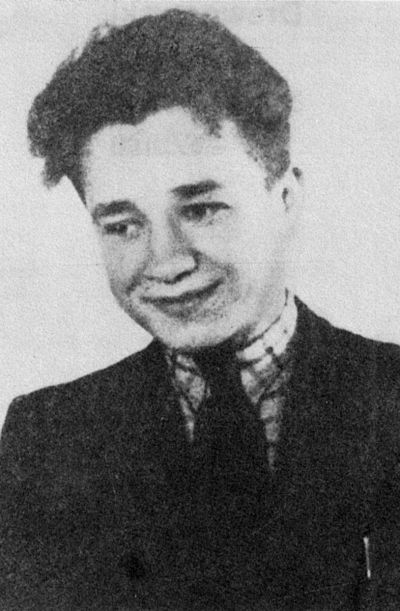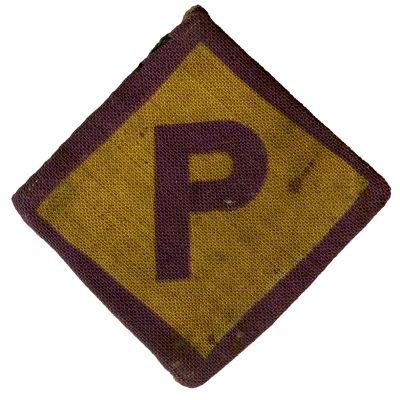Tadeusz Borowski

In the Battle of Grunwald and in the poetry he wrote during his time in Munich Borowski attacked the post-war reality in a world that continued to be full of hypocrisy and refused to giving people any real freedom and hope of spiritual transformation. Very little time has passed; but the key values are still being betrayed. Borowski lives in hope of a world built on other ethical and moral bases; on those that will protect people from the return of any system similar to National Socialism. However the protagonist in his Munich poems realises very quickly that the creation of a new order is only fiction, a utopia. And this realisation provokes his resistance.
During his stay in the West Borowski travelled to other parts of Europe, including Paris (“I was there, saw – and am saddened”). In his letters from Munich we recognise a writer who has no more illusions about the moral state of the old continent. His memories of Auschwitz and his picture of the world after liberation do not allow him to believe in the rebirth of Europe and western civilisation: also because the Holocaust has revealed the shocking truth about human nature. Crimes know no boundaries. That said, the particularly frightening knowledge about people is not manifested in the scale of their crimes. It is much more disturbing that mass crimes against people who have been randomly declared to be “worse” are committed in the name of progress and a better world. And in doing so, people made use of the latest advances in technology that should have been used to serve the individual and the progress of civilisation. Thus, Borowski reveals – long before Raul Hilberg and Zygmunt Bauman – a world in which evil is a part of modern civilisation.
***
The fact that Borowski (one of the greatest authors to tell of the Nazi death camps, one of the most significant writers of holocaust literature) laid down the foundations for his magnificent prose works in Germany of all places – in Freimann and Munich in 1945 and 1946 – is astounding. It is almost as if the “journey to Dachau”, to the land of his tormentors, was an essential precondition to his understanding the basis characteristics behind Nazi crimes.
Sławomir Buryła, April 2016

















